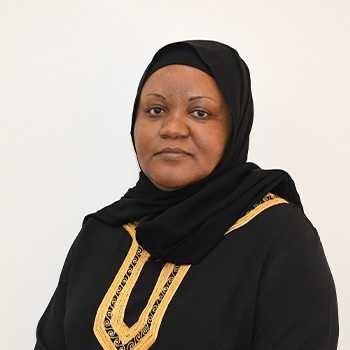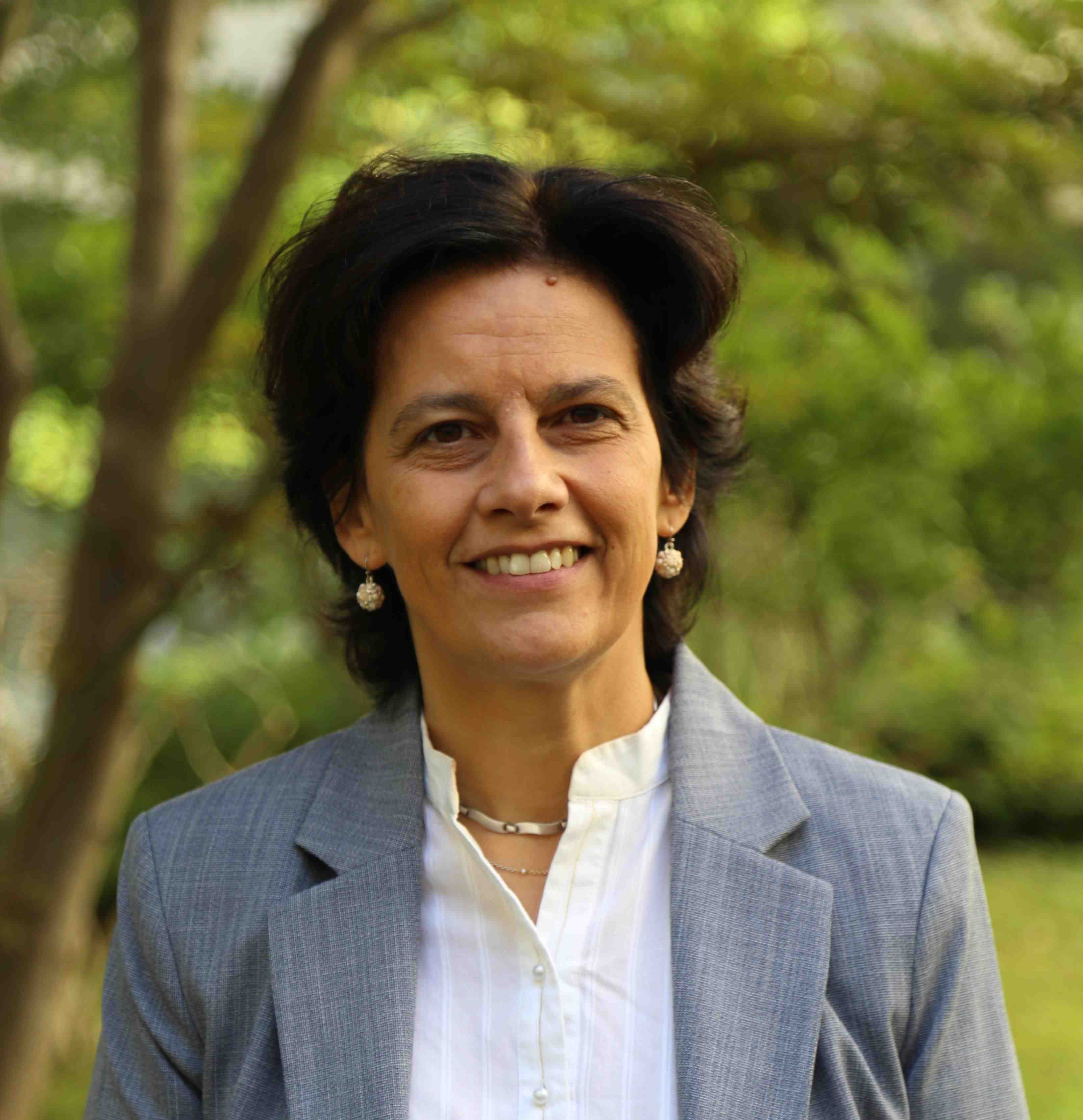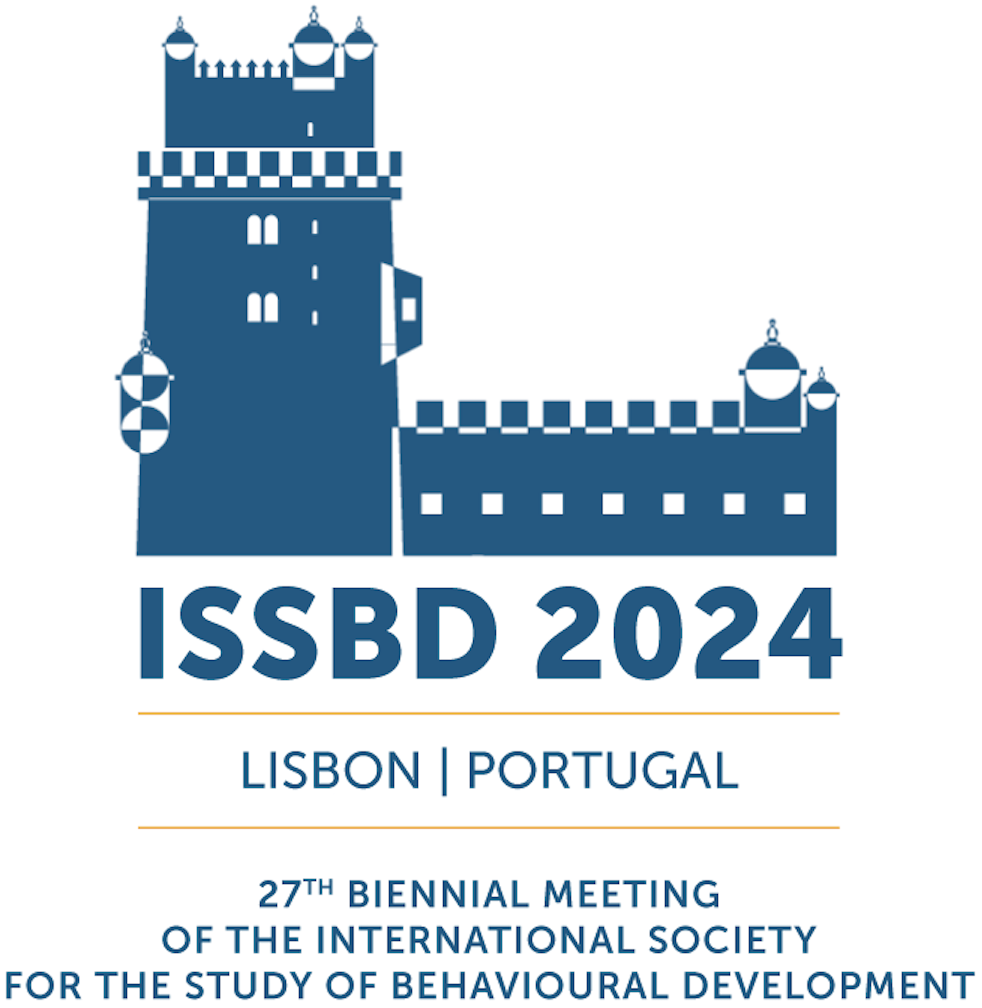
Social Network Research and Insights in Peer Influence, Relationships, and Peer-Led Interventions.
Speaker: René Veenstra, University of GroningeN, Netherlands
Peer relationships are prominent as children enter adolescence. Peer research has been motivated by an interest in understanding where peer interactions and relationships come from and how these experiences affect multiple aspects of positive and negative development. Recent advances demonstrate the importance of considering variation across contexts in these peer processes. Selection and influence processes vary widely across classrooms, and popular peers in particular set a norm for what behaviors are important for friendship selection and influence processes. Peer influence is an important rationale for peer-led interventions: interventions that involve peers in program delivery. These interventions aim to counteract negative behaviors and promote positive behaviors. They rely primarily on diffusion, with peer leaders trained to facilitate both formal and informal interactions. Potential benefits include better retention of information, establishment of lasting norms, and smoother implementation compared to teacher-led initiatives. Challenges include variability in leadership quality and the risk of sending unintended messages. Unpacking the mechanisms of peer selection and influence holds promise for advancing theory and optimizing peer-led interventions.

A Multimethod Approach to Understanding Socialization, Identity, and Positive Development Among Minoritized Youth: a Focus on Asian and Muslim American families
Speaker: Charissa Cheah, University of Maryland, Baltimore County, USA
In this talk, I will explore the complex socialization processes and identity formation among minoritized youth, with a specific focus on Asian and Muslim American families. The unique socialization practices within Asian American and Muslim American families and how they navigate the challenges of fostering a sense of cultural identity while integrating into the broader society, particularly in the context of experiencing anti-Asian and anti-Muslim sentiments, with be discussed. The presentation will underscore the resilience and adaptability of minoritized youth, showcasing how supportive family dynamics and community resources play a crucial role in their positive development. I will emphasize the value of employing a multimethod research approach, combining qualitative and quantitative methods, to capture the nuanced experiences of these youth populations. The talk is a call to action for scholars, practitioners, and policymakers to consider the diverse experiences of minoritized youth and to implement inclusive strategies that promote their well-being and positive development.

Scaling Up Mental Health Services for Adolescents in Sub-Saharan Africa: Recent Advances
Speaker: Amina Abubakar, AgA Khan University, Kenya
It has been estimated that globally, one in seven adolescents lives with a mental health problem, which accounts for 13% of the total burden of diseases (WHO, 2021). Mental health problems are associated with significant psychosocial, economic, and physical burdens to the affected adolescents, their caregivers, and host communities. Adolescents in sub-Saharan Africa present with a high burden of mental health problems due to various risk factors. Despite this high burden, traditionally, mental health needs have remained mainly unattended. Consequently, there has been a shortage of services to address the mental health problems of adolescents in SSA. This talk will highlight recent efforts to evaluate and scale up different mental health interventions in SSA. Furthermore, I will discuss future opportunities to address these needs, including leveraging technology, working with community-based organisations and intensifying capacity-building efforts to increase the number of professions.

Who Knows Best? The Cognitive Foundations of Selective Trust
SPEAKER: Diane Poulin-Dubois, Concordia University, Canada
Selective social learning corresponds to the ability to select from whom to learn new information. Over the past decade, research has revealed that even infants possess social learning strategies that allow them to distinguish informants who are reliable sources of information from those who are not. In this talk, I will review the empirical evidence that selective trust emerges in infancy and that preschool children gradually prioritize competence over social cues, even when the competent informant is a social robot. I will also discuss the cognitive mechanisms that underly this foundational ability, including theory of mind and metacognition.

Climate Change and Youth Development: a Global Perspective
SPEAKER: Sander Thomaes, Utrecht University, Netherlands
Today’s children and adolescents are the first generation to grow up in a world where they are faced with impacts of climate change, such as heatwaves, floods, storms, and droughts. Not surprisingly, growing numbers of youth see their futures as uncertain or frightening. At the same time, while they are not responsible for climate change, many young people are motivated to be part of the solution. They work actively to make a difference, such as by engaging in protests, social media activities, or civic engagement initiatives. How can we understand the impacts of climate change on the development of young people from around the world? How can we promote youth’s resilience in the face of an uncertain future? And how can we support youth’s potential to engage in individual and collective action? In this presentation I will present an overview of the budding, global field of research on climate change and youth development. I will outline emerging theory and research evidence along with the rudiments for a research agenda that, I hope, will contribute to the field’s development in the upcoming years.

Development of Social Cognition from Infancy Through Adolescence: Individual and Relational Context Contributions
SPEAKER: Carla Martins, University of Minho, Portugal
Social cognition refers to how we think about ourselves, about other individuals and their behaviour, about social relationships, and how we interpret that information and behave accordingly.
Its emergence in infancy and rapid development during early childhood, is one of the most defining features of development, and brings about numerous advantages in children’s everyday social situations, including superior language and play skills, better relationships with peers, or increased popularity.
In this talk, I will be presenting and reflecting on the results of our longitudinal studies focusing on the individual and relational context contributions in promoting children’s social cognition from infancy to preschool age.
